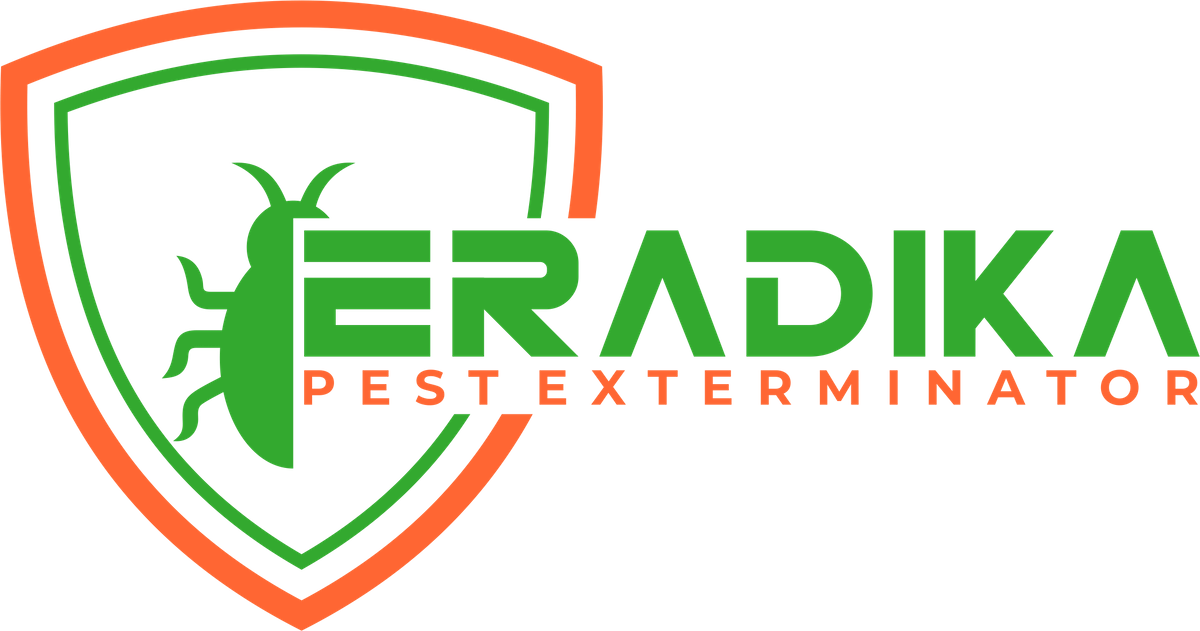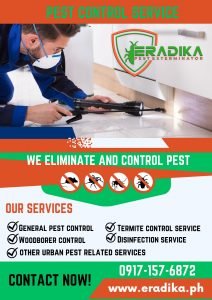Pest control technicians play a vital role in safeguarding homes, businesses, and public spaces from the threat of pests. Beyond technical knowledge and training, a good pest control technician possesses a unique set of skills that enable them to excel in their profession.
In this comprehensive guide, we’ll delve into the key skills of a good pest control technician, accompanied by situational examples and insights.
1. Technical Expertise
A good pest control technician is well-versed in the biology, behavior, and habitats of common pests. They understand the characteristics of different pests, allowing them to implement targeted and effective control strategies. For example, a technician dealing with a termite infestation would identify the termite species, assess the extent of damage, and choose the appropriate treatment method, such as baiting or soil treatment.
2. Attention to Detail
Attention to detail is crucial in pest control, as even minor oversights can lead to recurring infestations. A skilled technician meticulously inspects properties for pest entry points, nesting sites, and conducive conditions. For instance, during a rodent control service, a technician would carefully seal gaps in walls, remove clutter that serves as harborage, and identify sources of food and water attracting rodents.
3. Problem-Solving Skills
Pest control often requires creative problem-solving to address complex pest issues. A proficient technician analyzes the root causes of pest problems and devises innovative solutions. Consider a scenario where a homeowner experiences recurring ant infestations despite routine treatments. A skilled technician would investigate environmental factors, such as outdoor food sources or moisture issues, and implement targeted measures to break the ant colony’s cycle.
4. Communication and Customer Service
Effective communication is key to successful pest control services. A good technician listens to customer concerns, explains treatment plans clearly, and provides guidance on preventive measures. In a commercial setting, such as a restaurant, a technician would educate staff on proper sanitation practices to reduce pest attraction and maintain a pest-free environment.
5. Safety and Compliance
Safety protocols and regulatory compliance are paramount in pest control. A competent technician follows industry standards, uses approved pesticides responsibly, and prioritizes the safety of clients, occupants, and the environment. For example, when conducting a fumigation service, a technician ensures proper ventilation, secures the area to prevent unauthorized entry, and provides clear instructions for re-entry after treatment.
6. Adaptability and Continuous Learning
The pest control industry is constantly evolving, with new pests, control methods, and technologies emerging. A skilled technician embraces lifelong learning, stays updated on industry trends, and adapts to changing circumstances. Whether it’s incorporating integrated pest management (IPM) practices or learning about eco-friendly alternatives, a dedicated technician is always eager to enhance their skills and knowledge.
7. Time Management and Efficiency
Pest control technicians often work in fast-paced environments with multiple service calls. Effective time management skills enable them to prioritize tasks, adhere to schedules, and deliver timely services. For instance, a technician conducting a bed bug treatment in a hotel room would efficiently inspect, treat, and follow up to ensure complete eradication within a specified timeframe.
8. Empathy and Professionalism
Lastly, a good pest control technician demonstrates empathy and professionalism in their interactions. They understand the impact of pest issues on clients’ lives and properties, showing empathy while maintaining a professional demeanor. Whether addressing a residential pest concern or working with a commercial client, a technician’s professionalism and customer-centric approach foster trust and satisfaction.
The skills of a good pest control technician encompass technical expertise, attention to detail, problem-solving abilities, communication, safety consciousness, adaptability, time management, and professionalism. By honing these skills, pest control technicians contribute significantly to creating pest-free environments and enhancing quality of life for individuals and communities alike.
If you’re interested in becoming a pest control technician for Eradika Pest Exterminator, take a look at our Careers page for available positions in our company. You may also email your CV at eradikapest.ex@gmail.com.


